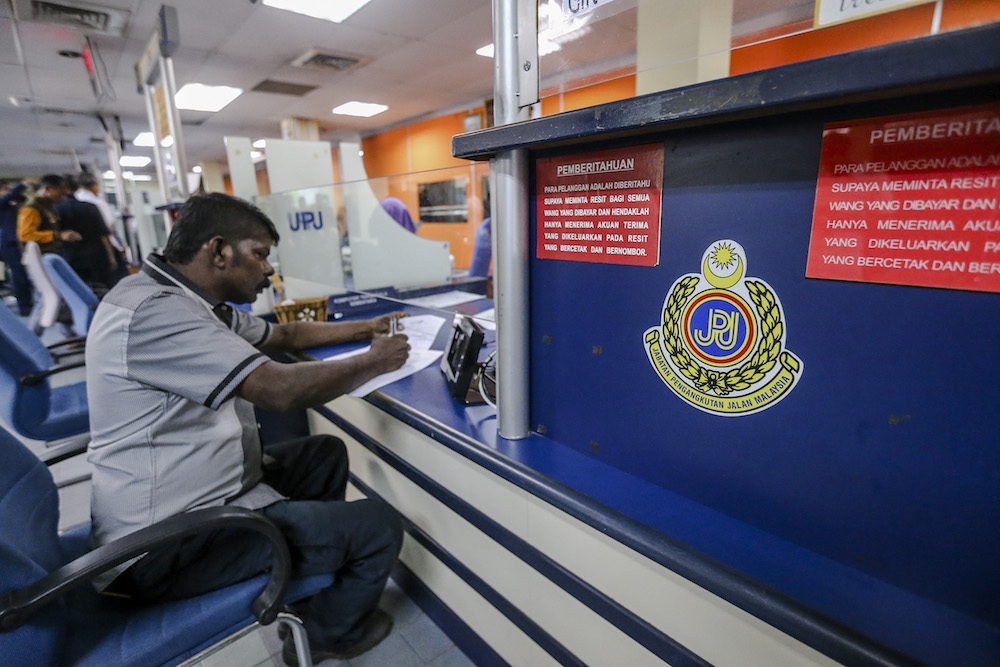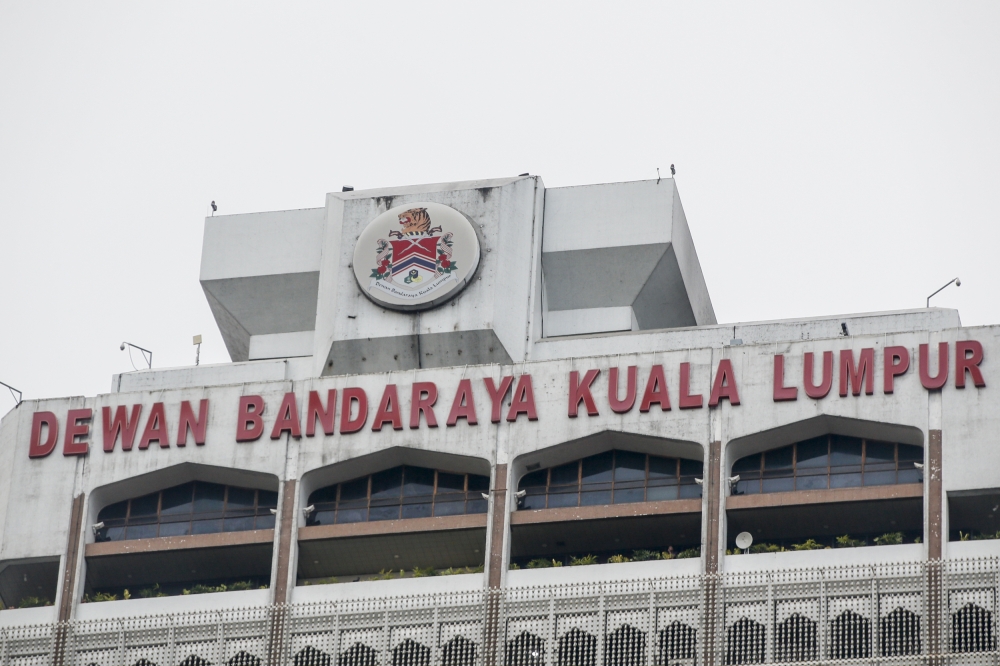KUALA LUMPUR, March 4 — Too many graduates in Malaysia have become overqualified for the current job market, forcing them to opt for low- or semi-skilled jobs with subpar starting pay due to a lack of jobs that match their qualifications.
A total of 48.6 per cent of Malaysian graduates were overqualified for their current jobs in 2021, Khazanah Research Institute (KRI) revealed today in their report Shifting Tides: Charting Career Progression of Malaysia’s Skilled Talents.
“Since starting one’s career on the wrong foot could have enduring effects on future career trajectory, ‘last-mile’ active labour market initiatives are important to facilitate the education-to-work transition.
“This could ultimately overcome the underutilisation of skilled talents in driving the nation’s development and maximise the return to higher education”, said the report’s lead author Hawati Abdul Hamid, in an accompanying press release.
The report revealed that only 43.4 per cent of graduates were employed for jobs that met their qualifications.
“Fresh graduates are increasingly overqualified and often face a wage penalty, implying that many resort to accepting low or semi-skilled jobs with low starting pay to avoid unemployment,” the report said.
Notably, in the last three decades, student enrolment in tertiary education multiplied nearly 26 times from 46,596 in 1980 to 1.2 million in 2020.
However, the supply does not seem to meet the demand.
In 2022, there were only 24.9 per cent of high-skilled jobs, including full-time and part-time filled jobs and vacancies.
“Regardless, the creation of new high-skilled jobs has been underwhelming even with various initiatives outlined under the development plans.
“Only a quarter of total jobs are high-skilled and the share has remained flat over the years,” KRI said in its report.
Overqualification was also an issue within those employed in high-skilled jobs with roughly half of experienced hires being overqualified in their current positions.
However, overqualification and a mismatch of skills are not the only issues plaguing career progression and the underwhelming job market.
The report revealed that wage growth has been idle for the past decade.
“65.6 per cent of graduates in 2021 earned a starting pay below RM2,000,” KRI said in its report, and only 10.8 per cent earned more than RM3,000.
The numbers in 2021 are not far from 2010 when 72.5 per cent of graduates then earned a starting salary under RM2,000.
“Wage stagnation also lingers around Malaysian skilled talents despite having several years of work experience and being employed full-time,
“A low starting pay anchors down salary growth throughout graduates’ careers,” KRI said in the report.
Additionally, in 2021, the report found that 55.9 per cent of graduates were left with temporary or contract jobs, part-time, and self-employment which the research institute classified as “non-standard employment.”
The number of tertiary-educated workers in non-standard employment nearly doubled in less than 10 years from 8.6 per cent in 2013 to 15.8 per cent in 2021.
“The share of graduates in full-time permanent jobs have been declining, from 53.2 per cent in 2010 to 44.1 per cent in 2021,
“Over half of working graduates intend to change jobs, suggesting high levels of dissatisfaction mainly driven by overqualification, low pay, and non-standard employment,” the research institute said.
The high number of graduates working in non-standard employment raised issues beyond the job market and career progression as non-standard jobs have irregular income and lack social protection.
The Khazanah Research Institute is a not-for-profit analysis and research organisation under Khazanah Nasional Berhad. It divulges the pressing issues in the nation and provides actionable policy recommendations.


















